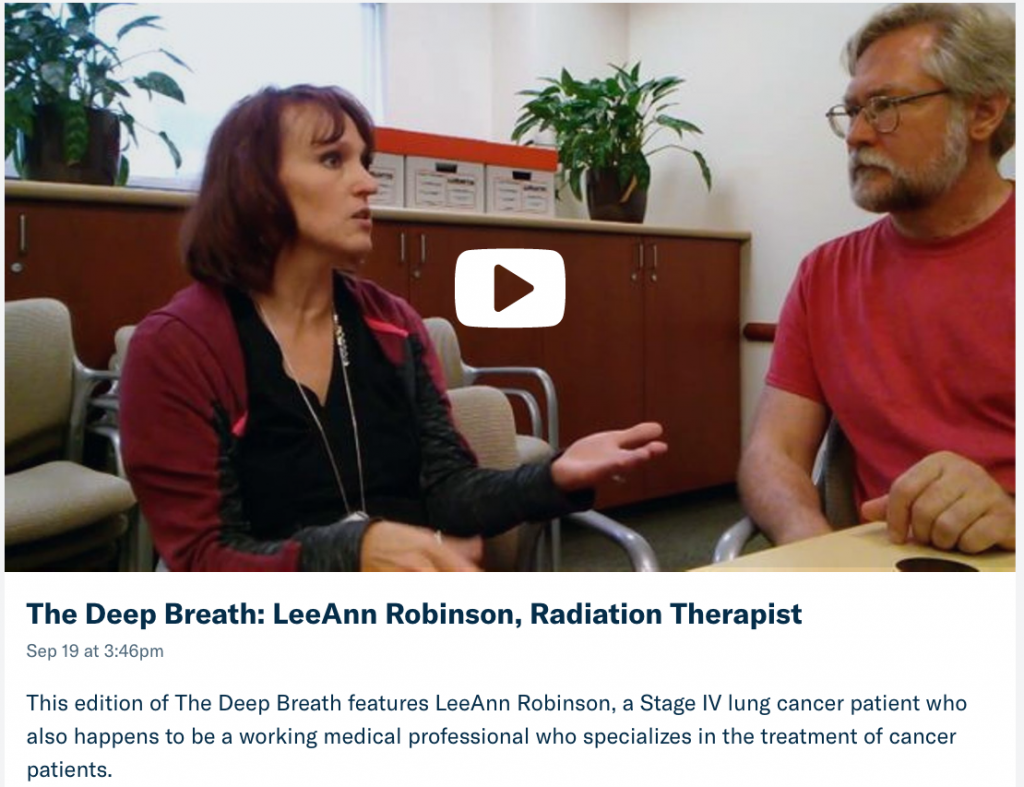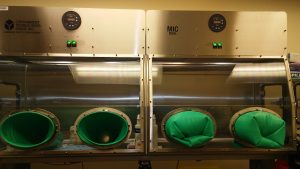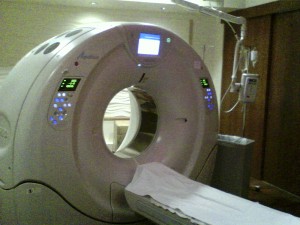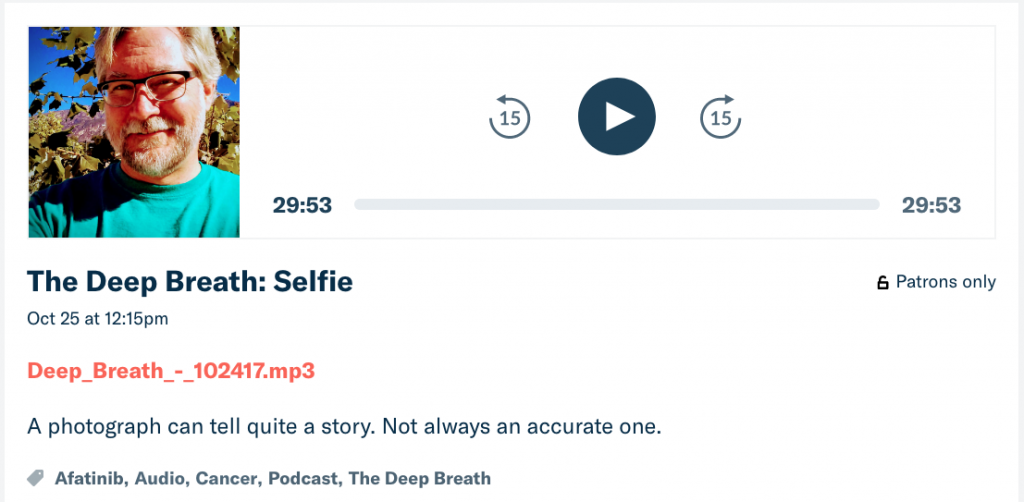Everybody has days like this sometimes.
Tag Archives: chemo diaries
Looking Fine Vs Feeling Fine, the Deception of Image
https://lungcancer.net/living/feeling-relatively-fine/
Obviously, a certain theme has been on my mind recently. It is one, no doubt, that I will continue to explore.
If this post resonates with you, please consider supporting my work through a monthly subscription to my feed on Patreon, or a one-time donation through PayPal. Follow me on Twitter, Facebook, Tumbler and many other fancy social sites or apps. Please share my posts to groups you are involved with on Reddit or Google+ or anywhere else that you feel it will help or enlighten or inspire another reader. (Sharing buttons are below the post!)
Thank you!
Dropping the Cancer Bomb
 I’ve been told on more than one occasion that it should not be my problem, that I should not feel obligated to hold somebody’s hand when I tell them about my “health condition,” and that I cannot be responsible for another person’s reaction to my disease. But I also consider the reality that most people know someone, quite often family or a close friend, who has struggled with a form of cancer. Depending on where you get your statistics the numbers vary slightly, but no matter which source you use the bottom line is that over a third of us develop some form of cancer. That means out of every ten people you know, three or four of them are likely to have cancer at some point in their life. It is no surprise, therefore, that on my street alone I know of seven patients — and I should stress that those are only the ones I know of within less than two blocks, not necessarily the absolute total for the street. Also, I’m not particularly social or friendly, in case that is relevant to knowing what neighbors are up to. In other words, there are probably more of us on this stretch already. Continue reading Dropping the Cancer Bomb
I’ve been told on more than one occasion that it should not be my problem, that I should not feel obligated to hold somebody’s hand when I tell them about my “health condition,” and that I cannot be responsible for another person’s reaction to my disease. But I also consider the reality that most people know someone, quite often family or a close friend, who has struggled with a form of cancer. Depending on where you get your statistics the numbers vary slightly, but no matter which source you use the bottom line is that over a third of us develop some form of cancer. That means out of every ten people you know, three or four of them are likely to have cancer at some point in their life. It is no surprise, therefore, that on my street alone I know of seven patients — and I should stress that those are only the ones I know of within less than two blocks, not necessarily the absolute total for the street. Also, I’m not particularly social or friendly, in case that is relevant to knowing what neighbors are up to. In other words, there are probably more of us on this stretch already. Continue reading Dropping the Cancer Bomb
Spoiler Alert: Side-Effects Show Up
It has been over two weeks since I began taking my new drug, afatinib. Over two weeks of feeling good, feeling like the chemo has been thoroughly flushed from my system even as I have diligently taken these new pills, feeling the best that I have in three years. I have been keeping a journal this time, chronicling how my body is responding each day, trying to pave the way for a better understanding of how to live with this new treatment. For the first week, anyway, it almost seemed like it was going to be too easy.
There are two weeks of video updates on my Patreon feed, talking about how great I feel and wondering how bad the side effects will be once they really kick in. I had been prepped by my oncologist that it was very likely that I would experience worse side effects than I had with the chemo I had been taking. This was based on how well I tolerated pemetrexed, the chemotherapy drug that had kept my cancer at bay for so long, but not so much on patients in general having a particularly tough time on afatinib. Which is not to suggest that I expected a walk in the proverbial park with this new drug.
Still, the first week was amazing. It was almost like I was taking nothing at all. Sure, there was some digestive stuff going on, but nothing outside of the realm of what I would have been used to in a previous life if I decided to live off of bean burritos for a few weeks. And I love a good burrito, so it would be worth it. But by day eight, I realized that the side-effects of the drug were presenting themselves quite visibly. Continue reading Spoiler Alert: Side-Effects Show Up
Sealing the Roof
Which, in this case, is a roof sealant.

Last winter, we enjoyed the heaviest amount of rainfall that Los Angeles has seen in years. Although not enough to entirely counter the trend of drought that has plagued the region, it did refill reservoirs and contribute to record snowpack in the mountains, dramatically relieving the strain on water reserves. However, this exceptional amount of rain also managed to seep through the apparent (but not obvious) cracks in our roof, puckering the paint in our kitchen ceiling. While the roof remains structurally sound, the asphalt sheeting is showing its age and beginning to crack under the incessant heat of the sun.
When a minor leak from our water heater led to a small amount of construction in our kitchen, we ended up repainting the entire room and fixing the ceiling in the process. Of course, that will look fabulous up until the time when we have another multi-day deluge. Continue reading Sealing the Roof
Interview With Radiation Therapist Turned Stage IV Lung Cancer Patient
And if I’m really lucky, she lets me interview her for my podcast:

If this post resonates with you, please consider supporting my work through a monthly subscription to my feed on Patreon, or a one-time donation through PayPal. Follow me on Twitter, Facebook, Tumbler and many other fancy social sites or apps. Please share my posts to groups you are involved with on Reddit or Google+ or anywhere else that you feel it will help or enlighten or inspire another reader. (Sharing buttons are below the post!)
Thank you!
Inside a Chemo Clinic Phamacy

Before I concluded my chemotherapy, I sat down with the pharmacist who had mixed my drugs for nearly three years and recorded our conversation for my erstwhile podcast, The Deep Breath. It offered a revealing look inside the process of administering chemo, as well as other drugs used to treat cancer patients.

I did not realize that I was one of the longest consistent patients currently receiving treatment at this facility. Although I was preparing to call chemo quits after slightly more than 2.5 years, I knew of at least one patient who had been on the same basic regimen as me for around seven years. But that had been before my time. As I settled in to interview my pharmacist, he revealed that he was not aware of any patient at the clinic who had been receiving chemotherapy as long as I had been since he started the job. I appreciated the special distinction, even though I had mixed feelings about it. Continue reading Inside a Chemo Clinic Phamacy
Frying Pan, Meet Fire – Leaping from One Therapy to Another
I knew that I would not stay on chemotherapy forever. So getting to the point where I ended my “chemo journey” was not completely surprising. In fact, I had anticipated that a change would be good for some time — after over 2 1/2 years of the same routine, not only had it begun to gnaw at me each time I faced another infusion and ensuing side effects, but there was something of a “gut feeling” that the chemotherapy drug I had been on for so long had done about all it could do. I was probably influenced a lot by the promise of Immunotherapy drugs that had become the media darlings of the cancer world. When my oncologist said it was a good time to consider another approach, I was eager to do it.
Besides immunotherapy, for which I had hoped to join a clinical trial, there was the possibility that I might harbor an actionable gene mutation for my adenocarcinoma. My initial genetic analysis from a biopsy prior to starting chemo had shown none of the mutations that were being directly treated at that time. But a couple of years makes a big difference in the cancer world, especially with the increasing rate of progress science has been making over the past few decades. A re-analysis of that old biopsy showed nothing new, but a quick, painless liquid biopsy — two simple tubes of blood and fifteen minutes of my time — revealed that I harbor a fairly rare mutation, one that affects roughly two percent of the adenocarcinoma subset of lung cancer patients: ErbB2, also known as HER2.
This shifted gears for me regarding the drive down my treatment path. It also made me shift perspective. There is the question, now, of whether finding myself in such a cancer minority is a sign of good fortune. On one hand, it means that my genetic demographic is not highly studied — the downside to minority group patients is simply that there are fewer of us to put into clinical trials. Flip that over, however, and it makes the trials that have been done highly specific — and it makes the case studies on patients with this mutation also highly specific. Which in turn suggests that this might be a very positive development after all. Continue reading Frying Pan, Meet Fire – Leaping from One Therapy to Another
Side-Effects I Won’t Miss: The Chemo Diaries, a Coda
My treatment is far from done, my “cancer journey” only partly traveled, but I am saying goodbye to chemotherapy — at least for now. Forty rounds of infusions came to an end last week and, though my brain is fatigued and my body is a bit of a mess, I’m taking a moment to appreciate the things I definitely will not be missing.
Topping my list, even above the malaise and nausea that sometimes follows my treatment, is:
#1, The Uncontrollable Gag Reflex.
It’s been a nasty thorn in my side, that gag reflex. Just brushing my teeth will set it off, causing me to wretch over the sink, even if it has been a long time since I ate. And scents of any kind have been known to cause gagging, too — and not just the smell of rot or the cat box or whatever was thrown in the garbage can the night before, but, yeah, all of those, too. Goodbye, gag reflex!
#2, Grimy, Oily-Feeling Skin
The days following my infusion are better with frequent showers. As I purge toxins, I always imagine that I smell horrible — and, in fact, I often cannot stand my own odor. But beyond that, my skin just feels gross. I’ve had the weirdest blemishes, well beyond any teenage acne I experienced in my wayward youth, and it wasn’t always easy finding soaps that I could tolerate in the enclosed space of a shower. Waking with a slick layer of grease on my face and a sticky sensation all over my body (worse on hot days, of course), mixing thick perspiration and whatever else is pushing through my pores, is an experience I am more than ready to be done with. Continue reading Side-Effects I Won’t Miss: The Chemo Diaries, a Coda
Chemo and I Had a Pretty Good Run

Because CT scans are essentially three-dimensional, but are viewed on two-dimensional screens, comparisons between scans are inherently imprecise. The angle of a subject’s body, how inflated the lungs were, the position of the subject within the imagining chamber, all figure into subtle differences between the final scans. On top of that, because the images are basically multitudes of cross-sectional snapshots, a comparison must be made by selecting the closest approximation to the “same” image between scans from different times. I’ve looked at lots of these — in fact, I keep digital copies of all my scans for reference or posterity — and I’ve used the tools to line up and measure my tumor as best I can.
And in two dimensions, at the standard viewing cross-sectional approximation, my mass looks very similar from scan to scan, every three or so months since this process began. My chemotherapy was clearly doing what it was intended to do, which was to prevent progression of the disease. Progression is generally defined in terms of the length of the tumor, but we all know that tumors are bundles of cells that grow and change along more than just one axis.
I was never under any illusion that the chemo would cure me — there is no official cure for Stage 4 Lung Cancer. Any time that the chemotherapy could afford me by maintaining stasis has been considered a luxury and at over two and a half years on this particular regimen, I have been the longest continuous success case that many on my medical team have known. So the next time I see most of them will be a special, bitter-sweet occasion.
Because the time for change has come. Continue reading Chemo and I Had a Pretty Good Run
